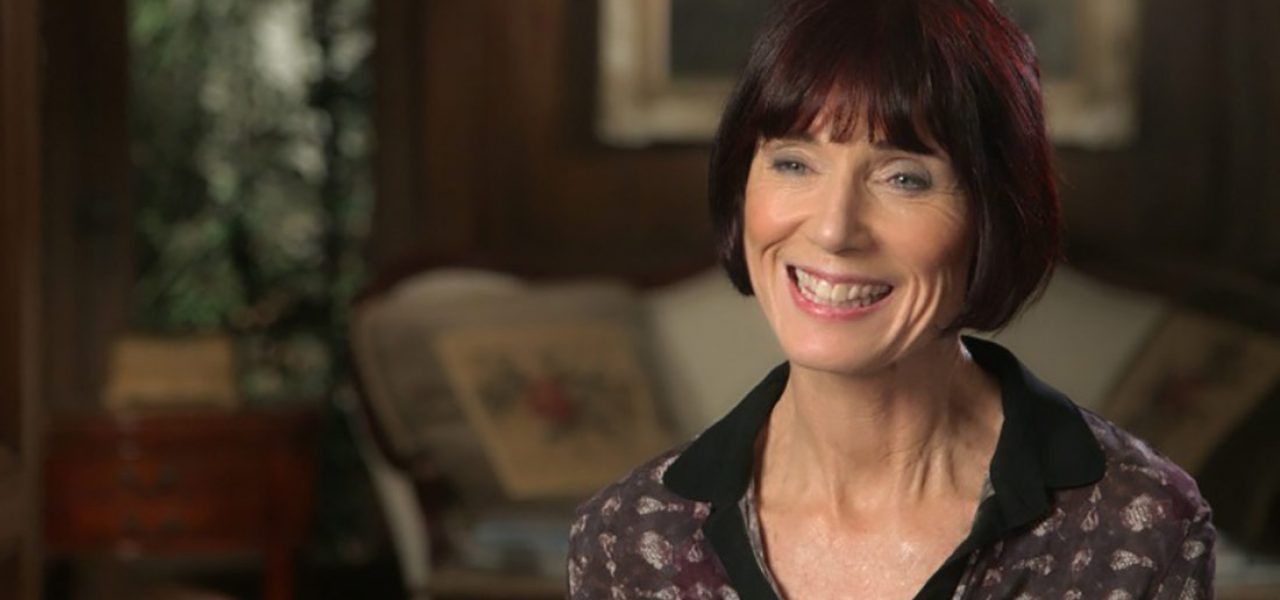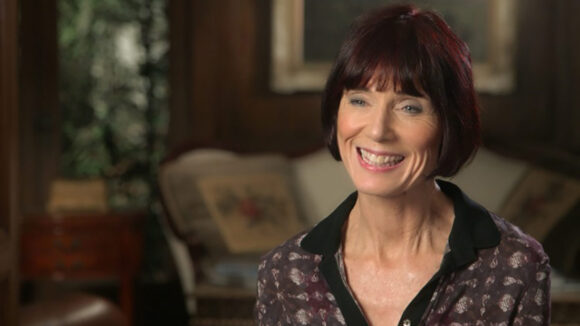

Disney Writer Linda Woolverton Unhappy About Being Locked Out Of ‘Lion King’ And ‘Beauty And the Beast’ Remakes
There have been plentiful discussions about Disney’s animated remake of The Lion King, but one perspective we haven’t heard much about is how the artists who created the original film feel about the new version.
There aren’t a whole lot of artists publicly speaking out at this point, in part because the film hasn’t actually been released, but one person who’s already voiced her skepticism about the remake is Linda Woolverton, 65, who wrote the 1994 version’s screenplay, along with two other screenwriters and a dozen-and-half story artists.
Woolverton’s reservations stem from the fact that she wasn’t pleased with Disney’s 2017 remake of Beauty and the Beast, another film for which she wrote the screenplay. “I wasn’t totally thrilled with The Beauty and the Beast remake because I didn’t think it was exactly true to the mythology of the storytelling,” she recently told The Hollywood Reporter’s It Happened in Hollywood podcast.
In the podcast, Woolverton criticized how in the new live-action version, the Beast could leave the castle via a magic mirror. “The whole concept of the castle is that it’s impenetrable,” she says. “The mythology didn’t work for me anymore after that.” She also found it “strange” that the relationship between Gaston and LeFou had sexual undertones in the remake, something that she never intended when she developed the character with Howard Ashman.
Despite having continued to work with Disney on films like Alice in Wonderland and Maleficent, Woolverton was not invited to contribute to either the remake of Beauty and the Beast or The Lion King. “I’m not happy that I don’t get to participate. Who would be? And I don’t know how The Lion King is going to be.”
Some of the bitterness could also stem from Woolverton’s lack of residuals or profit participation in the remakes. Animated features are not covered by the Writers Guild of America, and unlike writers of live-action films, animation screenwriters receive no additional compensation from remakes or any creative input in how they are made.
Similar discontent has been voiced by Terry Rossio, one of the screenwriters of Aladdin, who recently wrote about being excluded from the upcoming Disney remake: “It’s not about compensation, it’s decorum. Consult with the writers, pay a fee, give park tickets. Zero involvement and zero recognition seems gauche…It’s more a lack of recognition … a remake payment, a chance to view the film, inclusion onto the team, a pass to the park — one cannot presume generosity, but lacking anything at all seems gauche.”
On the whole, Woolverton says her experiences working with Disney have been positive, and that it has its rewards: “For me, the blessing that I’ve had working for the Disney Company and creating for them is that I feel like I have had these ideas that I got to spread in the world through this huge megaphone. It has an automatic built-in audience with automatic acceptance and desire. And so wow, I get to sneak my ideas in. So I got to sneak in my feminist agenda, or whatever that is, so I feel really blessed and lucky that I’ve had the opportunity to do that.”
The podcast episode is worth a listen and includes an interesting story that I hadn’t heard before about how then-Disney executive Jeffrey Katzenberg really wanted to make The Lion King because it was in part rooted in a personal story about him and the betrayal of an “avuncular” figure in his life. Anyone know the rest of that story?

.png)